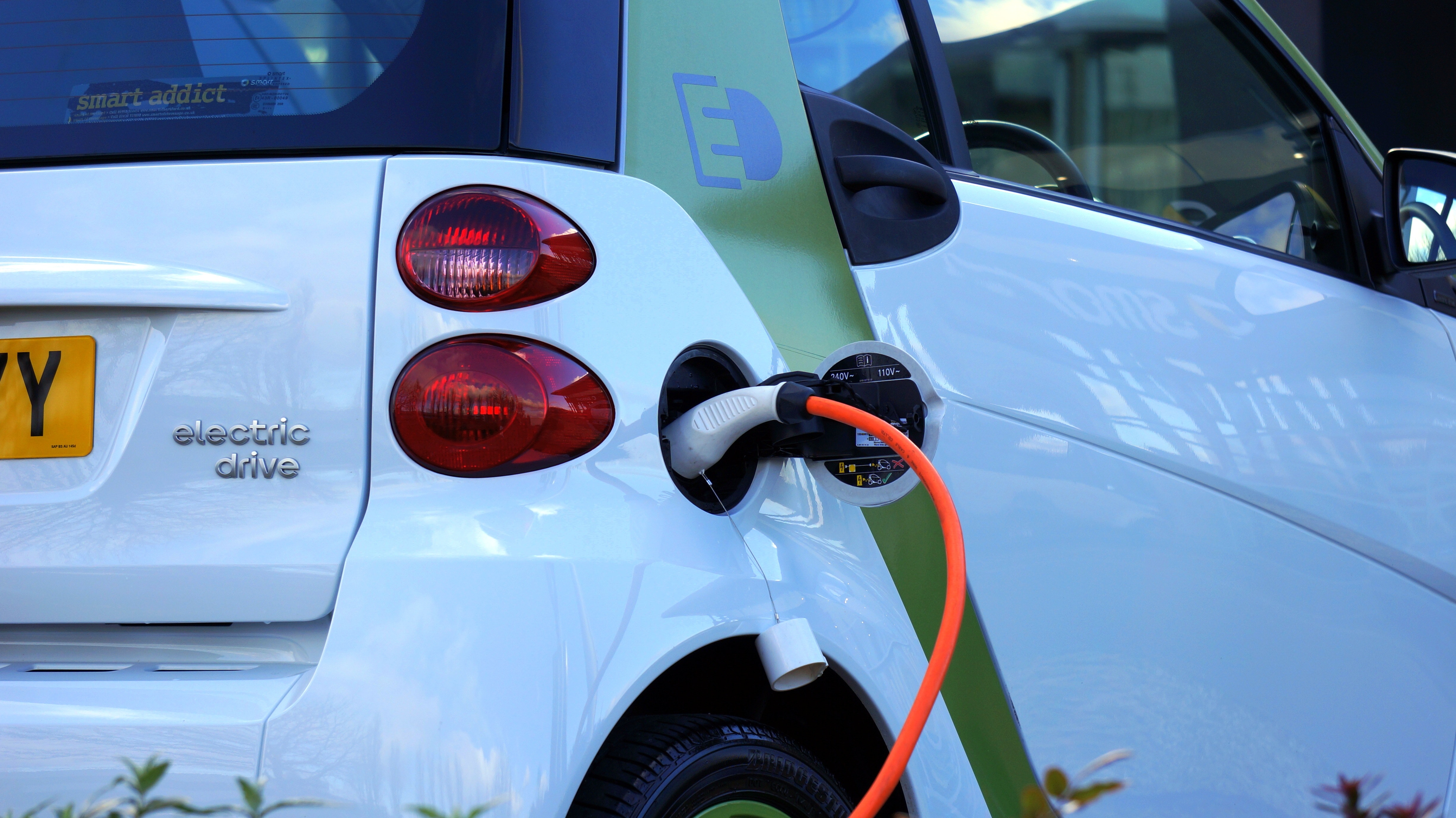Posted: 31 March 2022
A necessary transition

European Union leaders met at the Palace of Versailles on March 10th and 11th to discuss Russia's invasion of Ukraine and the plan to strengthen the European bloc's energy independence and defence capabilities. The two-day meeting was hosted by the French President, Emmanuel Macron, whose country currently holds the rotating presidency of the European Council. Last March, the Commission previously decided that "REPowerEU" would be the name of the initiative. In Versailles it was reiterated to decrease the scale of Russian gas imports by the end of the year with the aim of making Europe fully independent by 2030.
In the short term, work is underway to mitigate the impact of rising energy prices and their volatility on consumers and businesses. Therefore, various options are being explored such as temporary caps, wholesale price control measures, price caps, and fixed price sales. During this coming April, the Commission also said it intends to present a legislative proposal that will oblige Europe to fill 90% of its gas storage centres by October 1 of each year in order to prevent possible shortages in supply availability. For the medium and long term, European actions aim to achieve full energy independence and pursue the climate objectives established in the Green New Deal. This means reaching zero emissions by 2050. Therefore, it is necessary to diversify supply sources and suppliers, providing for more significant imports of non-Russian gas and liquefied natural gas and greater biomethane and renewable hydrogen production.
It is also clear that Europe's aim is to move towards a massive transition to renewable energy. Therefore, this transition has become a necessary strategy for the bloc while securing an independent and clean energy future, capable of meeting both the climate challenges and geopolitical turmoil. The Commission proposes removing regulatory barriers and enabling accelerated investment in renewable electricity, grids, and energy efficiency to facilitate the transition to alternative energy sources. Confirming the unity of objectives and tools to address the crisis, a few days before the meeting in Versailles, the International Energy Agency (IEA) presented a ten-point plan to cut gas imports from Russia by more than a third a year.
The Agency's document starts with the statement that it must avoid as much as possible signing new contracts for the supply of Russian gas. The document highlights the compensation by increasing imports of liquefied natural gas thanks to much regasification in Europe and the increase in gas storages. This is considered a necessary step to adapt changes in seasonal demand and serves as a guarantee in case of unexpected events, especially unpredictable geopolitical tensions. The Agency mentioned increasing renewables, mainly focusing on solar and wind energy. Reference is also made to low-emission energy sources already present in Europe, such as nuclear power plants. In the sixth point of the plan, exceptional measures to curb soaring prices were made, estimating that the Union should commit 55 billion Euros to reduce the impact on consumers and businesses. According to the IEA, it would also be necessary to act with domestic interventions to replace gas boilers or those burning fossil fuels with heat pumps. As for the temperature issue, the Agency estimated that every degree decrease in private homes and offices would lead to significant savings in gas consumption. For this reason, awareness campaigns should be promoted because it is a small but effective move forward to reduce gas demand. It is a strategy that should also be implemented through official regulation.
In the tenth and final point, they talked about decarbonisation and diversification through investments in innovation to untie Europe's energy security from the Russian gas supply. We need an energy mix that is sustainable and efficient because we have no other choice but to bet on our future, our security, our independence, and the planet's health on clean sources. The transition is necessary and must happen quickly.